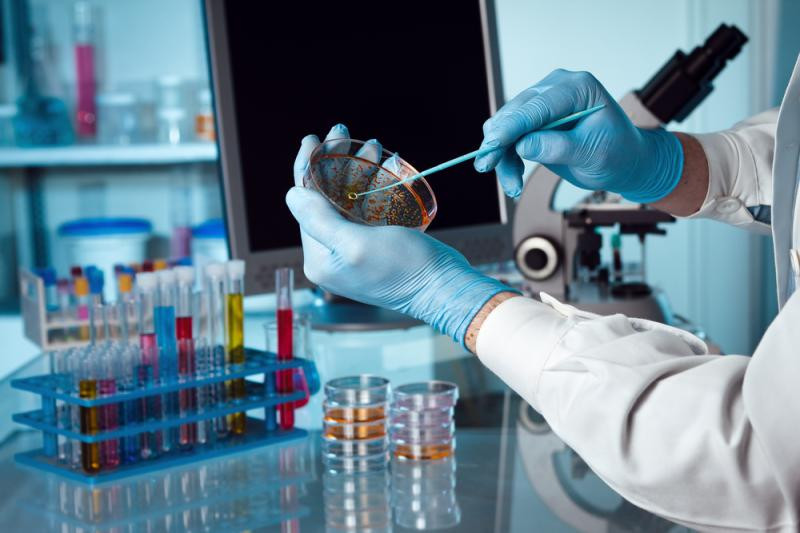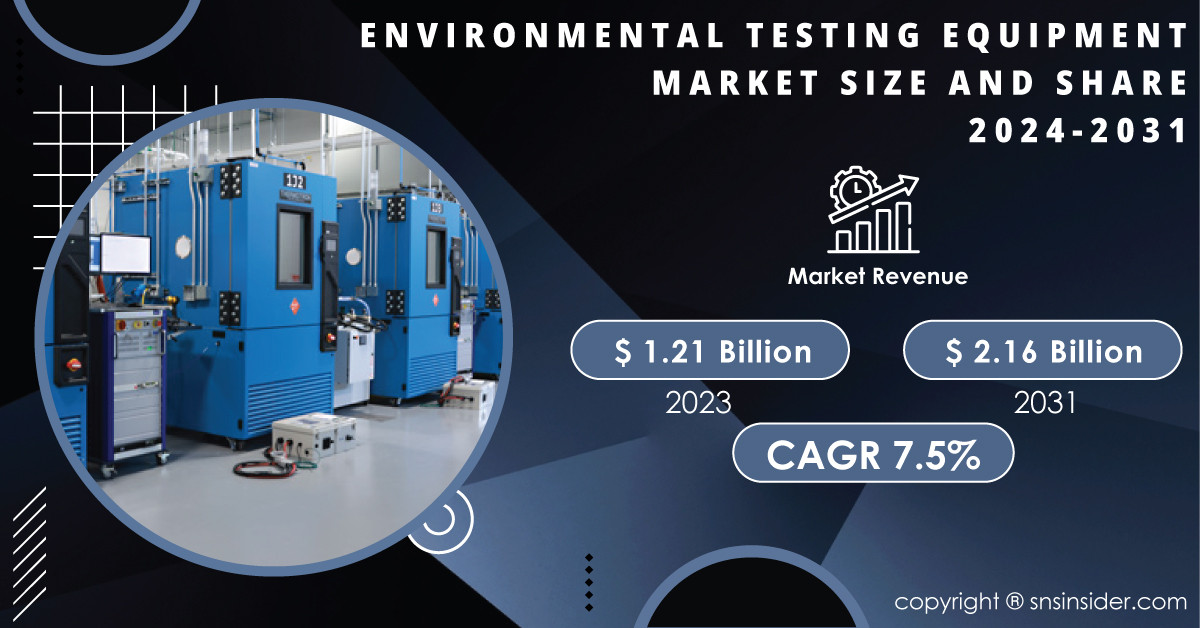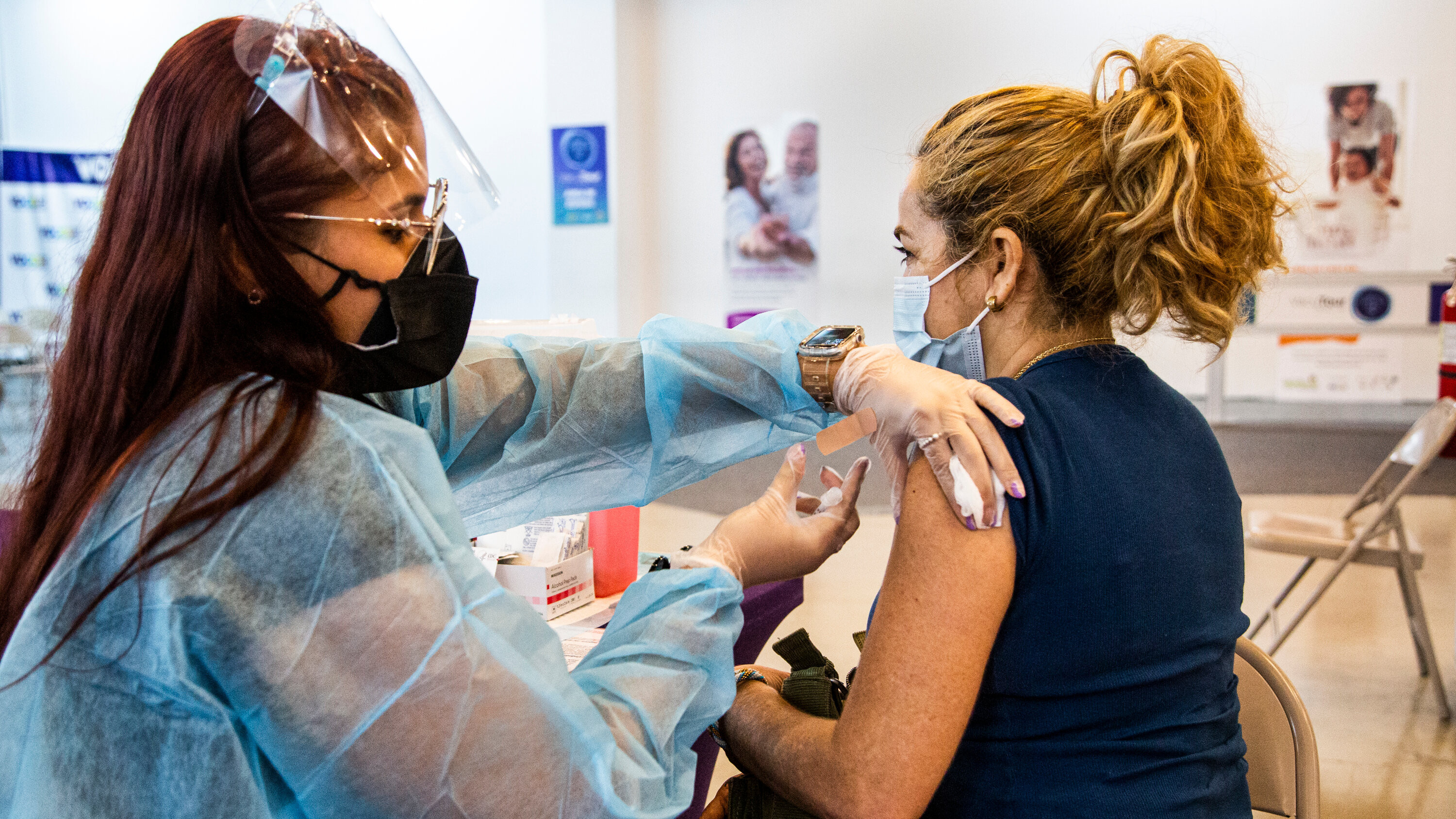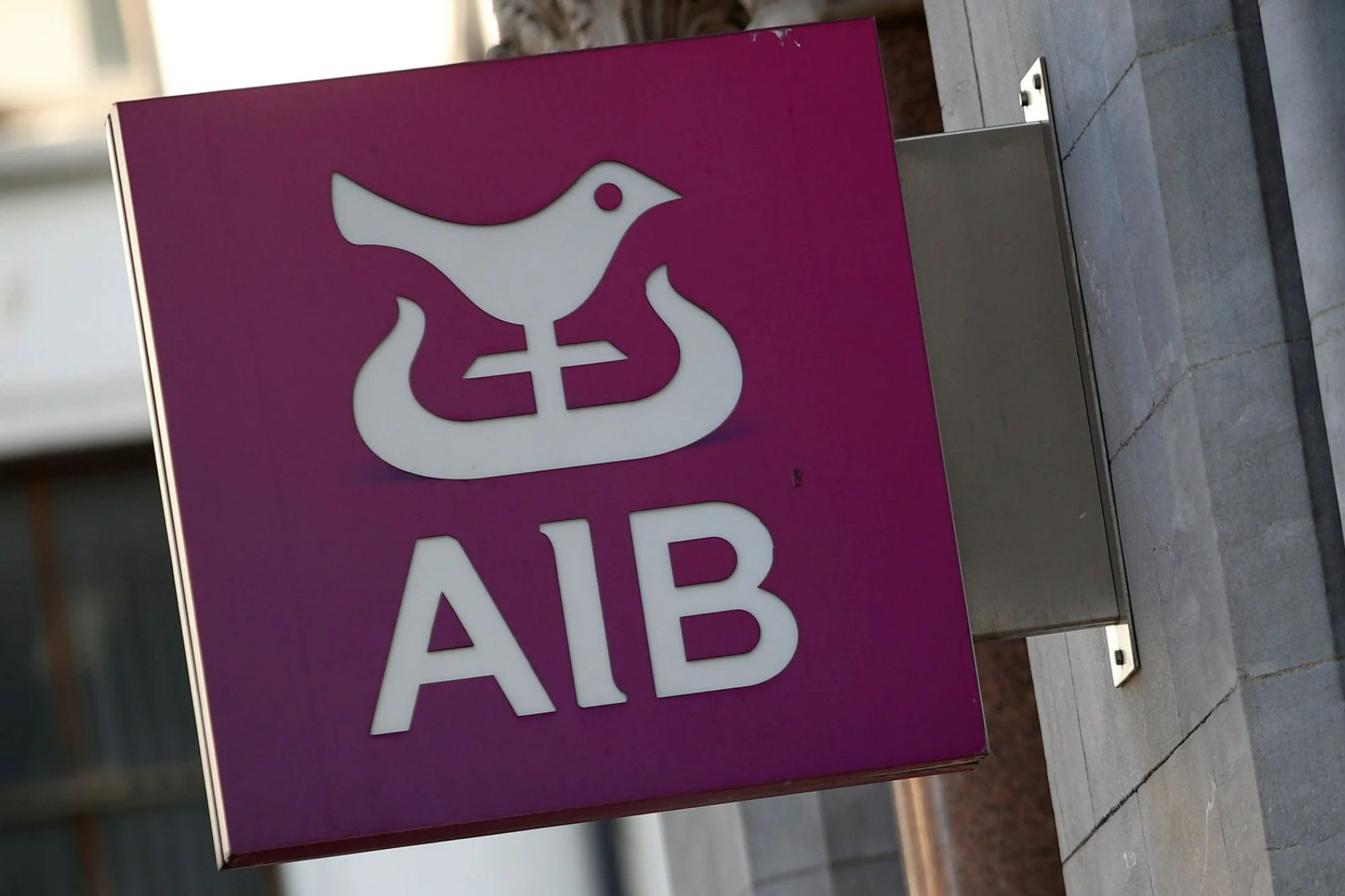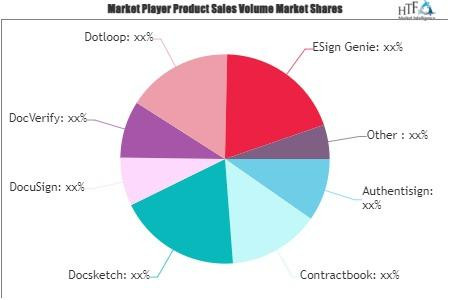The Onco-Hematology Molecular Testing Market: A Thriving Industry Fueled by Rising Cancer Incidence and Precision Medicine
The onco-hematology molecular testing market is experiencing rapid growth, driven by the rising incidence of various cancers and the shift toward precision medicine. This industry is expected to surpass $1280.06 million by 2031, exhibiting a compound annual growth rate (CAGR) of 11.2% during the forecast period from 2023 to 2031.
Driving Forces Behind Market Expansion
Several factors contribute to the growth of the onco-hematology molecular testing market, including:
- Rising Cancer Incidence: The increasing prevalence of cancer, particularly hematologic malignancies like lymphoma and myeloma, fuels the demand for accurate and timely diagnostics.
- Precision Medicine: The shift toward personalized medicine, where treatment is tailored to individual patient characteristics, is driving the adoption of molecular testing for cancer diagnosis and treatment selection. This allows for more effective therapies with fewer side effects.
- Advanced Diagnostic Techniques: The development of sophisticated molecular testing technologies, such as next-generation sequencing, is enabling more accurate and comprehensive cancer diagnostics.
- Favorable Reimbursement Policies: In many regions, health insurance coverage for molecular diagnostics is expanding, making these tests more accessible to patients.
Market Challenges: Obstacles to Overcome
Despite the promising growth outlook, the market faces certain challenges:
- High Costs: The high cost of molecular diagnostics can limit access, particularly in developing countries.
- Budgetary Constraints: Healthcare systems are often confronted with budgetary constraints, hindering the widespread adoption of expensive molecular testing technologies.
- Specialized Facilities: Molecular testing requires specialized equipment and trained personnel, posing a challenge for hospitals and clinics with limited resources.
The Impact of the COVID-19 Pandemic
The COVID-19 pandemic significantly impacted the availability of hospital resources for cancer care, disrupting the diagnostic and treatment landscape. For instance, a study published in Haematological Oncology in October 2022 highlighted the significant burden placed on patients and healthcare providers, potentially leading to worsened outcomes for lymphoma patients.
Despite these initial disruptions, the pandemic's later stages witnessed a surge in demand for cancer diagnostics, particularly for hematological cancers. This surge can be attributed to the increased awareness of the importance of early detection and the need for advanced diagnostics in managing complex cancer cases.
Regional Trends: North America Leads the Way
North America dominates the global onco-hematology molecular testing market, driven by a confluence of factors, including:
- High Cancer Incidence: The region has a high prevalence of hematologic cancers, fueling the demand for molecular diagnostics.
- Aging Population: The aging population in North America increases the risk of cancer, further bolstering market growth.
- Awareness of Treatment Options: Patients in North America are increasingly aware of the benefits of personalized cancer treatment, leading to higher demand for molecular testing.
- Strong Industry Presence: The presence of major pharmaceutical and biotechnology companies in North America contributes to market growth.
Recent Developments: Shaping the Future of Onco-Hematology Molecular Testing
The onco-hematology molecular testing market is constantly evolving, with new technologies and approaches emerging. These developments are shaping the future of cancer diagnostics and treatment:
- Liquid Biopsies: Liquid biopsies are non-invasive tests that analyze circulating tumor DNA (ctDNA) in blood samples. This technique is gaining traction as a valuable tool for early cancer detection and monitoring disease progression.
- Artificial Intelligence (AI): AI is being integrated into molecular testing platforms to improve accuracy, speed, and efficiency. AI algorithms can analyze vast amounts of data to identify patterns and predict outcomes, enabling more personalized treatment decisions.
Segmentation: A Comprehensive Overview
The onco-hematology molecular testing market can be segmented based on several factors, providing a comprehensive understanding of the industry:
- By Blood Cancer Type: This segment includes various types of blood cancers, such as chronic myeloid leukemia, acute myeloid leukemia, and lymphoma.
- By Technology: Different technologies are used for molecular testing, including qPCR, dPCR, next-generation sequencing, and others.
- By Blood Cancer Biomarker: Biomarkers are specific molecules that indicate the presence and progression of cancer. Molecular testing often targets specific biomarkers to provide valuable diagnostic information.
- By End-user: The market includes various end-users, including national reference labs, university hospitals, and community hospitals.
The Future of Onco-Hematology Molecular Testing: A Promising Outlook
The onco-hematology molecular testing market is poised for continued growth, driven by the increasing incidence of cancer, the advancement of diagnostic technologies, and the growing adoption of personalized medicine. As technology continues to evolve and costs decline, molecular testing is expected to become more accessible, leading to earlier detection, more effective treatment, and improved patient outcomes.




